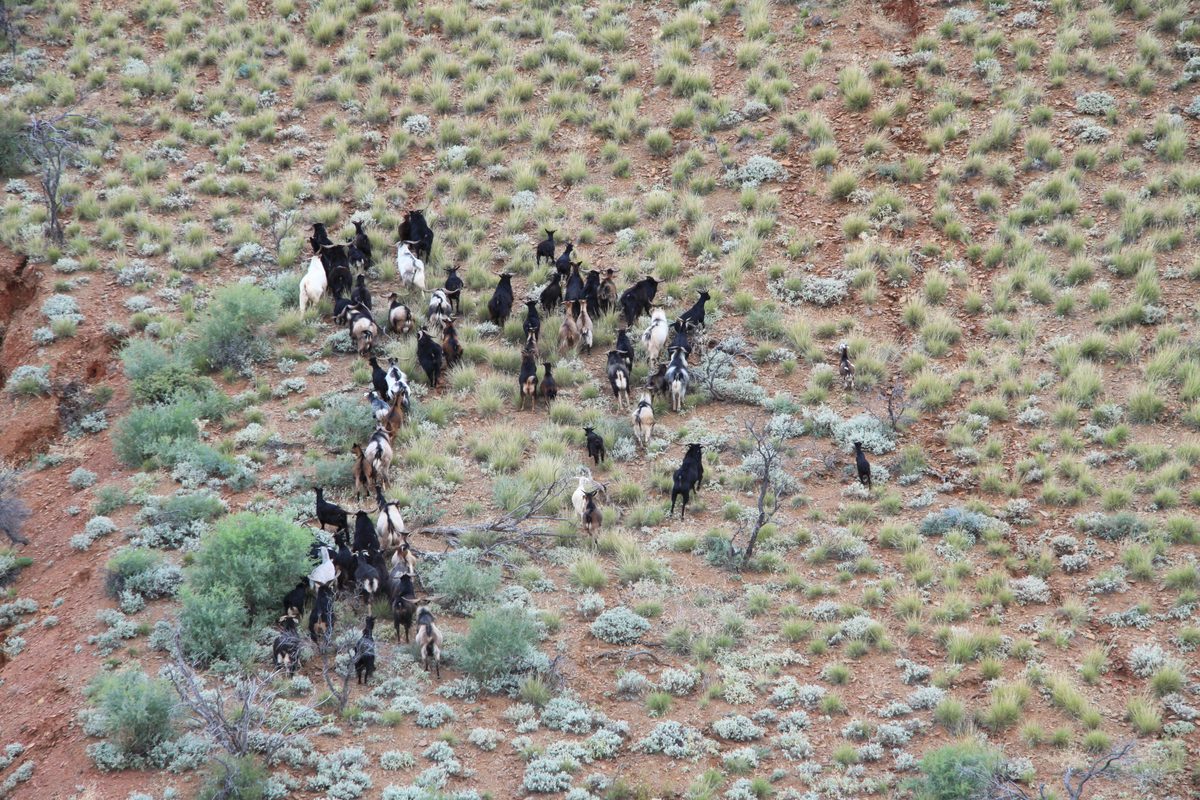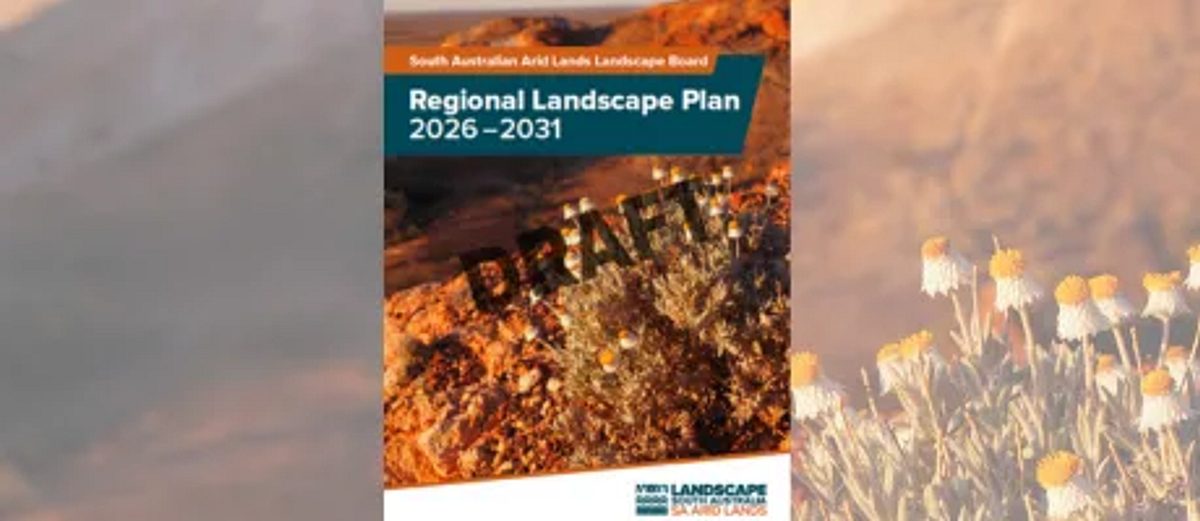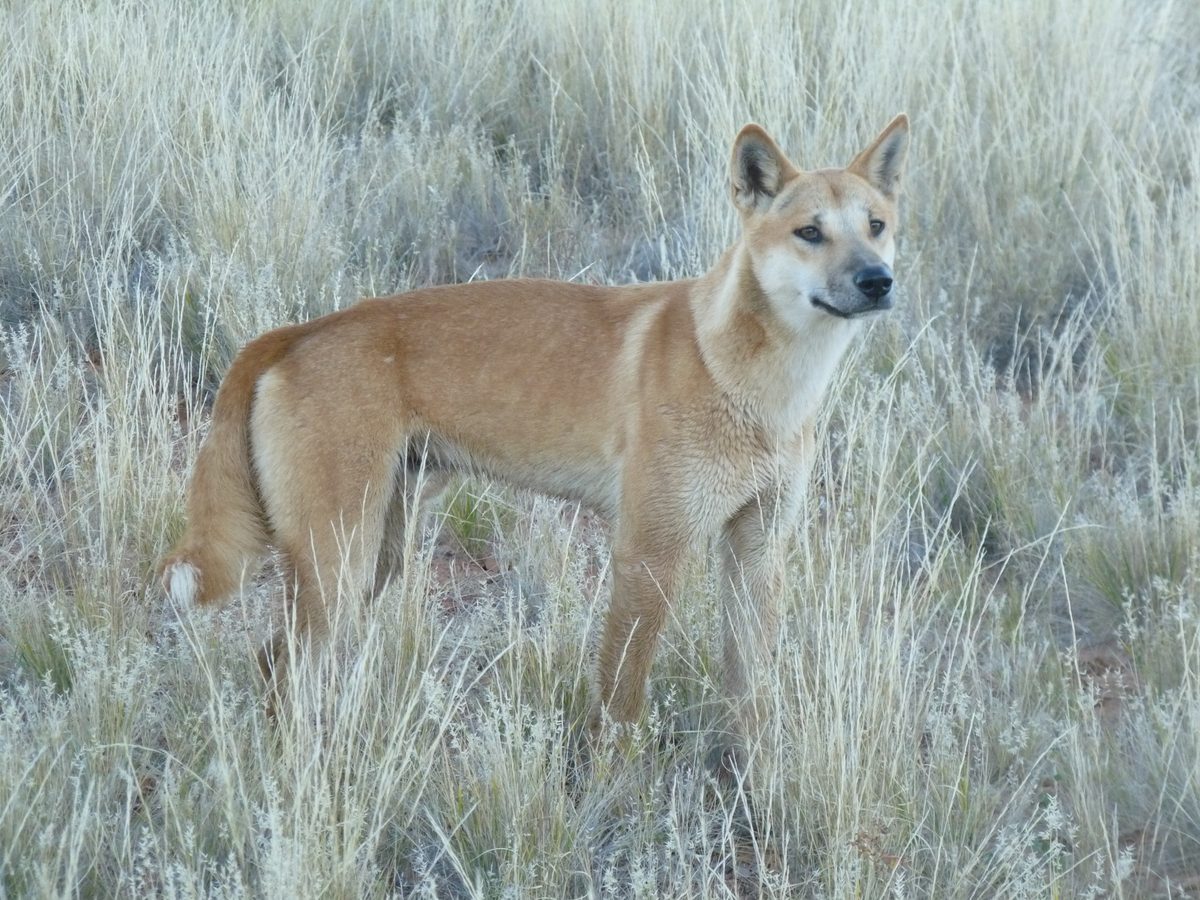New nursery to breed cactus-eating insect
A partnership between the SA Arid Lands Landscape Board and the Port Augusta City Council will see a tiny insect bred to tackle opuntia (cactus) infestations around Port Augusta and the surrounding SA Arid Lands region.
Posted 08 September 2021.
A tiny biocontrol insect, cochineal measures between 1-5mm and is a natural fighter of Opuntia infestations. Left untreated, cactus infestations such as jumping cholla and wheel cactus will spread until they smother natural species, and can pose a threat to native animals and birds.
The partnership between Council and the Board has seen a cochineal breeding nursery constructed at the Australian Arid Lands Botanic Garden which ensures strong strains of cochineal can be easily accessed by the SA Arid Lands community and council staff. Until the nursery was built, the cochineal could only be harvested from cacti infestations in the region, which are often hundreds of kilometres away.
Cochineal is very host specific with four strains being bred at the facility specific to five cacti species found in the SA Arid Lands Region: Wheel cactus (Opuntia robusta), Engelmann’s cactus (Opuntia engelmannii), Devil’s rope cactus (Cylindropuntia imbricata), Coral cactus (Cylindropuntia fulgida var. mamillata) and Jumping cholla (Cylindropuntia prolifera).
In the breeding nursery, infected opuntia pads are added to crates of fresh pads, allowing the cochineal to spread to clean material that can later be released on opuntia in the field.
While cochineal was first released in the Flinders Ranges about 12 years ago to tackle wheel cactus, the board conducted its first cochineal trials on Coral cactus at Lake Everard in November 2017. Almost four years on, the results have been overwhelming with almost all plants in the sizeable infestation dead. Since then the board has extended its work with cochineal, recording similar results on infestations throughout the region, with 26 properties currently engaged.
SA Arid Lands Landscape Board Presiding Member Ross Sawers said cochineal is proving to be a key tool in tackling opuntia species throughout the region, with the work of board staff in identifying effective strains for specific cactus being recognised at a national level.
“The work we are doing with the broader SA Arid Lands community is making a real impact in controlling opuntia infestations across our region. We are really pleased to be able to partner with the Port Augusta City Council to expand the capacity to grow cochineal in a controlled environment to ensure we have easily accessible stock for council staff and community across the region.”
Port Augusta City Council CEO John Banks said the cochineal breeding facility was a really good opportunity to partner with the SA Arid Lands Board which had Port Augusta added to its region in July last year.
“This is great partnership and positive news for Council as we now have a cost-effective control measure at our disposal to tackle some of the opuntia species across our council area,” Mr Banks said.


